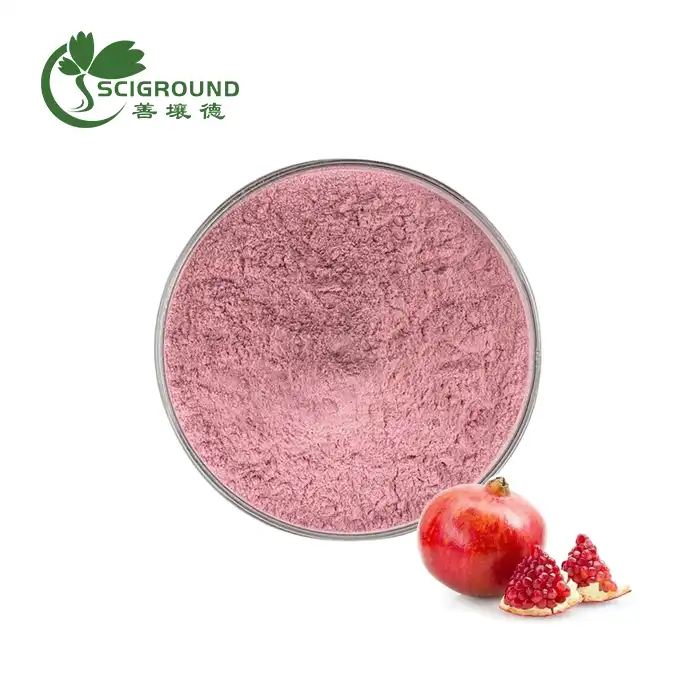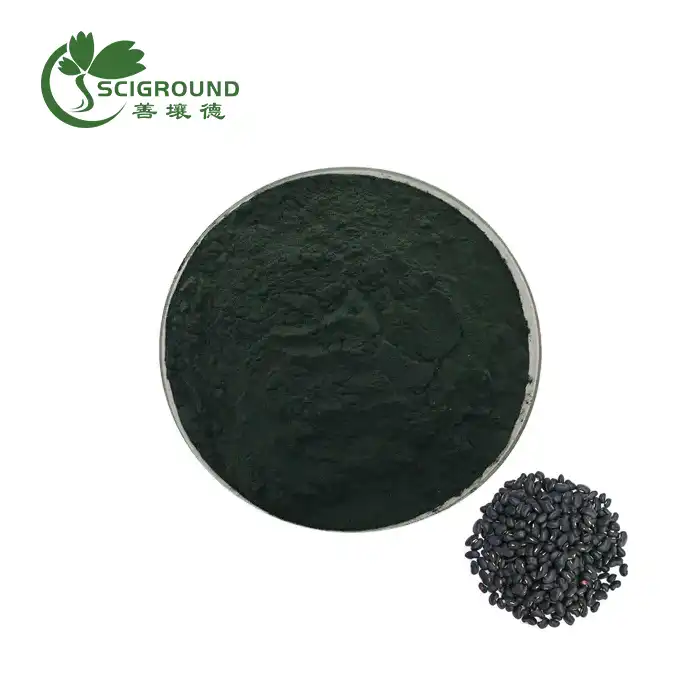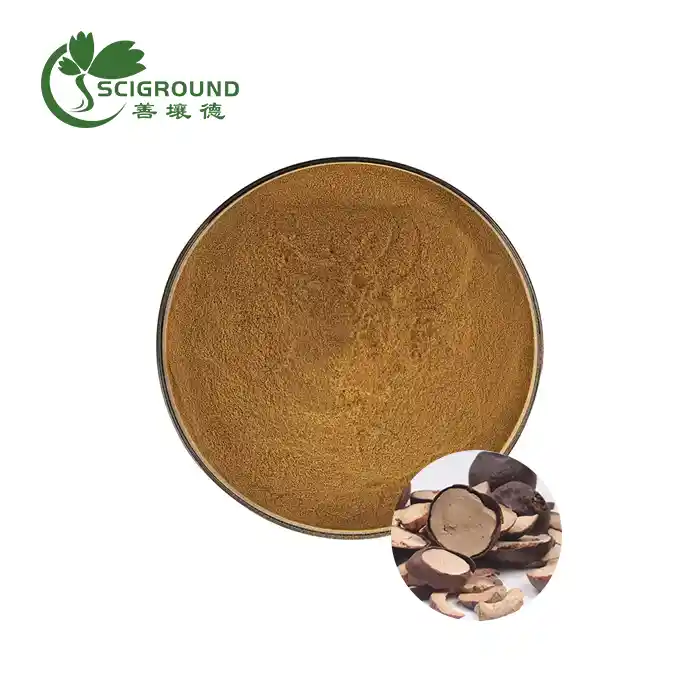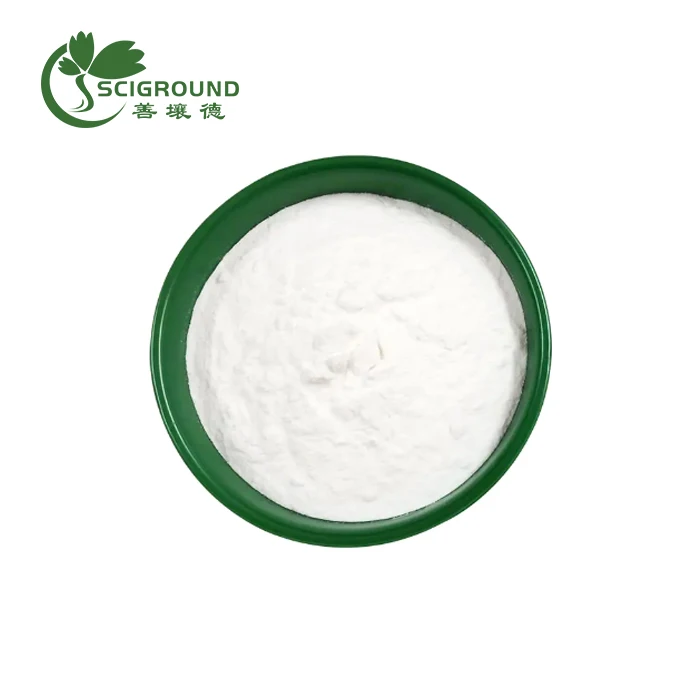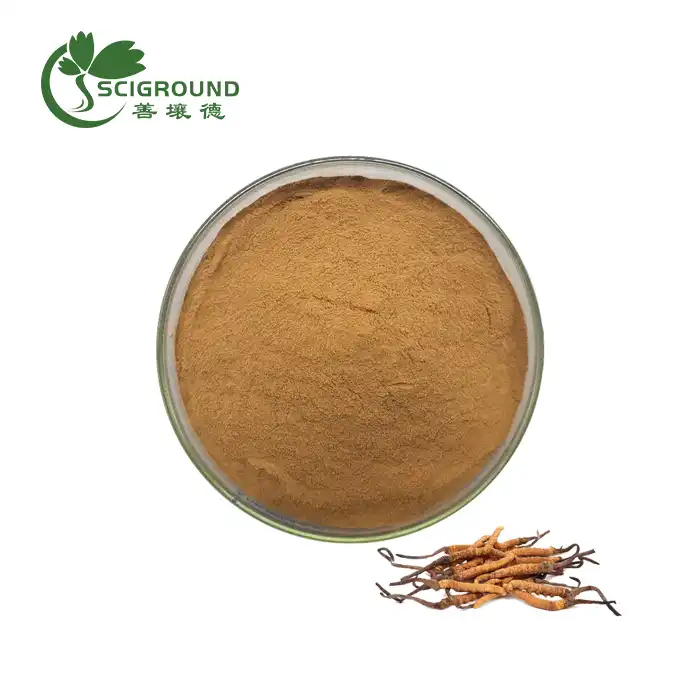What are the health benefits and uses of almond flour?
Almond flour has gained popularity in recent years as a versatile and nutritious alternative to traditional wheat flour. This finely ground powder made from blanched almonds offers numerous health benefits and can be used in a variety of culinary applications. In this comprehensive guide, we'll explore what almond flour is, why it's considered superior to many other flours, and how to use it effectively in your cooking and baking endeavors.
What is almond flour?
Almond flour is a gluten-free flour alternative made from ground almonds. The process of creating almond flour involves blanching whole almonds in boiling water to remove their skins, then grinding and sifting the nuts into a fine powder. This results in a light, pale flour with a subtle nutty flavor and a host of nutritional benefits.
It's important to note that almond flour differs from almond meal. While almond flour is made from blanched, skinless almonds, almond meal is produced by grinding whole almonds with their skins intact. As a result, almond meal tends to have a coarser texture and a more pronounced almond flavor compared to the finer, more delicate almond flour.
The rising popularity of almond flour can be attributed to several factors:
- Gluten-free diets: As more people adopt gluten-free lifestyles, either by necessity or choice, almond flour has emerged as an excellent wheat flour substitute.
- Low-carb and keto diets: The low carbohydrate content of almond flour makes it an ideal ingredient for those following ketogenic or low-carb eating plans.
- Paleo and grain-free diets: Almond flour aligns well with paleo and grain-free dietary guidelines, as it's derived from nuts rather than grains.
- Nutritional profile: Packed with vitamins, minerals, and healthy fats, almond flour offers a nutrient-dense alternative to refined wheat flour.
Why Almond Flour Is Better Than Most Other Flours
Almond flour boasts several advantages over traditional wheat flour and even some other alternative flours. Let's delve into the reasons why almond flour is often considered a superior option:
Nutritional Density
Almond flour is exceptionally nutrient-dense, providing a wealth of vitamins, minerals, and beneficial compounds. Some of the key nutrients found in almond flour include:
- Vitamin E: A powerful antioxidant that supports immune function and skin health
- Magnesium: Essential for bone health, muscle function, and energy production
- Manganese: Important for bone formation, wound healing, and metabolism
- Protein: Almond flour contains more protein than wheat flour, supporting muscle health and satiety
- Healthy fats: Rich in monounsaturated fats, which are associated with heart health and reduced inflammation
Low Glycemic Index
Unlike refined wheat flour, which can cause rapid spikes in blood sugar levels, almond flour has a low glycemic index. This means it releases sugar into the bloodstream more slowly, providing a sustained source of energy and helping to prevent the energy crashes often associated with high-carb foods.
Gluten-Free
For individuals with celiac disease, gluten sensitivity, or those choosing to avoid gluten, almond flour offers a safe and nutritious alternative to wheat-based flours. Its naturally gluten-free status makes it an versatile ingredient in gluten-free baking and cooking.
Heart Health Benefits
The nutrients found in almond flour may contribute to improved heart health. Some studies suggest that regular consumption of almonds and almond products may help reduce LDL cholesterol levels and lower blood pressure, although more research is needed to establish definitive links.
Weight Management
Despite being higher in calories than wheat flour, almond flour may actually be beneficial for weight management. Its high protein and fiber content can promote feelings of fullness and satiety, potentially reducing overall calorie intake. Additionally, the healthy fats in almond flour can help stabilize blood sugar levels, which may curb cravings and overeating.
How to Use Almond Flour in Baking and Cooking
Almond flour's versatility makes it an excellent ingredient in a wide range of culinary applications. Here are some tips and ideas for incorporating almond flour into your cooking and baking:
Baking with Almond Flour
When using almond flour in baking, keep in mind that it behaves differently than wheat flour due to its lack of gluten. Here are some guidelines to help you achieve the best results:
- Substitution ratio: In most recipes, you can replace wheat flour with almond flour at a 1:1 ratio. However, you may need to adjust other ingredients to account for the different properties of almond flour.
- Binding agents: Since almond flour lacks gluten, which provides structure in baked goods, you may need to add extra binding agents such as eggs, xanthan gum, or psyllium husk to improve texture and prevent crumbling.
- Moisture content: Almond flour tends to absorb more moisture than wheat flour, so you may need to increase the liquid ingredients in your recipe slightly.
- Baking time and temperature: Baked goods made with almond flour often require a lower baking temperature and longer baking time to ensure they cook through without burning.
Cooking Applications
Beyond baking, almond flour can be used in various savory cooking applications:
- Breading: Use almond flour as a gluten-free alternative to breadcrumbs for coating meats, fish, or vegetables before frying or baking.
- Thickening: Almond flour can be used to thicken sauces, soups, and gravies, although it may impart a slight nutty flavor.
- Binding: In recipes like meatballs or veggie burgers, almond flour can serve as a binder in place of breadcrumbs.
Recipe Ideas
Here are some popular recipes that showcase the versatility of almond flour:
- Almond flour pancakes or waffles
- Gluten-free almond flour pizza crust
- Almond flour chocolate chip cookies
- Keto-friendly almond flour bread
- Almond flour-crusted chicken or fish
- Grain-free almond flour crackers
As you experiment with almond flour in your cooking and baking, you'll discover its unique properties and learn to adapt recipes to make the most of this nutritious ingredient.
In conclusion, almond flour offers a wealth of health benefits and culinary possibilities. Its nutrient-dense profile, low glycemic index, and gluten-free status make it an excellent choice for those looking to improve their diet or cater to specific dietary needs. By understanding how to use almond flour effectively in your cooking and baking, you can enjoy its benefits while creating delicious, nutritious meals and treats.
References:
- Journal of Nutrition and Metabolism: "Almond Consumption and Cardiovascular Risk Factors in Adults with Prediabetes"
- Nutrients: "The Role of Almonds in Human Health: A Review"
- Journal of Agricultural and Food Chemistry: "Antioxidant Activity of Almond Skin Extracts and Its Fractions"
- European Journal of Clinical Nutrition: "Effect of Almond Consumption on the Serum Fatty Acid Profile: A Dose-Response Study"
- International Journal of Obesity: "Almonds vs Complex Carbohydrates in a Weight Reduction Program"
- American Journal of Clinical Nutrition: "Long-term almond supplementation without advice on food replacement induces favourable nutrient modifications to the habitual diets of free-living individuals"
If you're interested in exploring the benefits of almond flour or other plant-based extracts, Shaanxi SCIGROUND offers high-quality almond extract powder and a range of other botanical ingredients. For more information or to discuss your specific needs, please contact us at info@scigroundbio.com. Our team of experts is ready to help you find the perfect ingredients for your products.
Related Industry Knowledge
- How do miracle fruits benefit our health?
- What is Mangiferin Powder?
- What is the agar powder?
- What is Euphohelioscopin A?
- Can I drink turmeric powder everyday?
- What does fisetin do for the body?
- Does vine tea have caffeine?
- Is tannic acid safe for humans?
- Vitamin b6 benefits
- Uncovering the Power of Stephania Extract: A Natural Supplement for Health and Wellness
